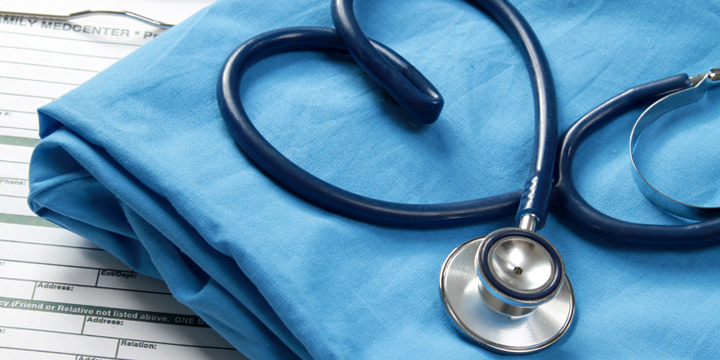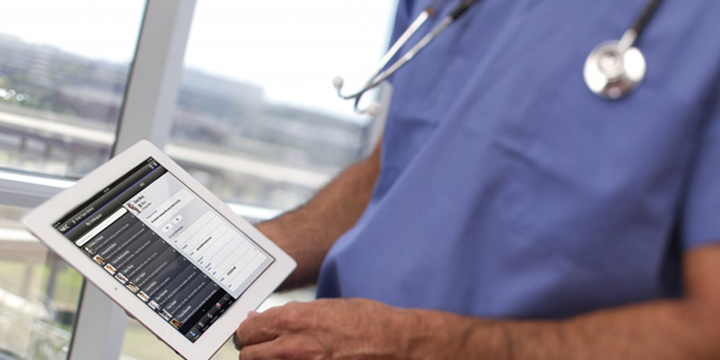Big data is the buzzword today. It is heard everywhere, especially in the healthcare industry. Traditionally, the huge amount of data generated by the healthcare industry was stored as hard copy. This data has the capability to support a wide range of healthcare and medical functions. The digitization of such data is called Big Data. The entirety of data that is related to patient health care and well-being makes up big data. A 2011 McKinsey report estimated that the health care industry could potentially realize $300 billion in annual value by leveraging big data.
The wide diversity of big data and the pace at which it is managed makes it overwhelming. It includes clinical data from CPOE and clinical decision support systems (physicians written notes and prescriptions, medical imaging, laboratory, pharmacy, insurance, and other administrative data); patient data in electronic patient records (EPRs); machine generated/sensor data, such as from monitoring vital signs; social media posts, including Twitter feeds (so-called tweets), blogs, status updates on Facebook and other platforms, and web pages; and less patient-specific information, including emergency care data, news feeds, and articles in medical journals.
Big data is very useful in the healthcare industry. Over the past decade, electronic health records (EHR) have been widely adopted in hospitals and clinics worldwide. Important clinical knowledge and a deeper understanding of patient disease patterns can be studied from such data. It will help to improve patient care and improve efficiency.
There are few targeted applications of big data, such as
Healthcare Data solutions
With the help of big data, the vast amount of data can be stored systematically. Now doctors and other healthcare practitioners can make informed decisions as they have access to a wide range of data. Of course, the data generated will grow by leaps and bounds, and newer systems will be able to process it quickly and cost effectively.
Big data to fight cancer
Cancer is rapidly crippling people across the world. Big data can help to fight cancer more effectively. Healthcare providers will have enhanced ability to detect and diagnose diseases in their early stages, assigning more effectual therapies based on a patient’s genetic makeup, and regulate drug doses to minimize side effects and improve effectiveness. It will also provide great support for parallelization and help in mapping the 3 billion DNA base pairs.
Monitoring patient vitals
The application of big data makes it easier for hospital staff to work more efficiently. Sensors are used besides patient beds to continuously monitor blood pressure, heartbeat and respiratory rate. Any change in pattern is quickly alerted to doctors and healthcare administrators.
Smoother Hospital Administration
Healthcare administration becomes much smoother with the help of big data. It helps to reduce the cost of care measurement, provide the best clinical support, and manage the population of at-risk patients. It also helps medical experts analyze data from diverse sources. It helps healthcare providers conclude the deviations among patients and the effects treatments have on their health.
Healthcare Intelligence
Big Data can be used for healthcare Intelligence application. This will help hospitals, payers and healthcare agencies augment their competitive advantages by developing smart business solutions.
Fraud Prevention and Detection
Big data helps to prevent a wide range of errors on the side of health administrators in the form of wrong dosage, wrong medicines, and other human errors. It will also be particularly useful to insurance companies. They can prevent a wide range of fraudulent claims of insurance.








